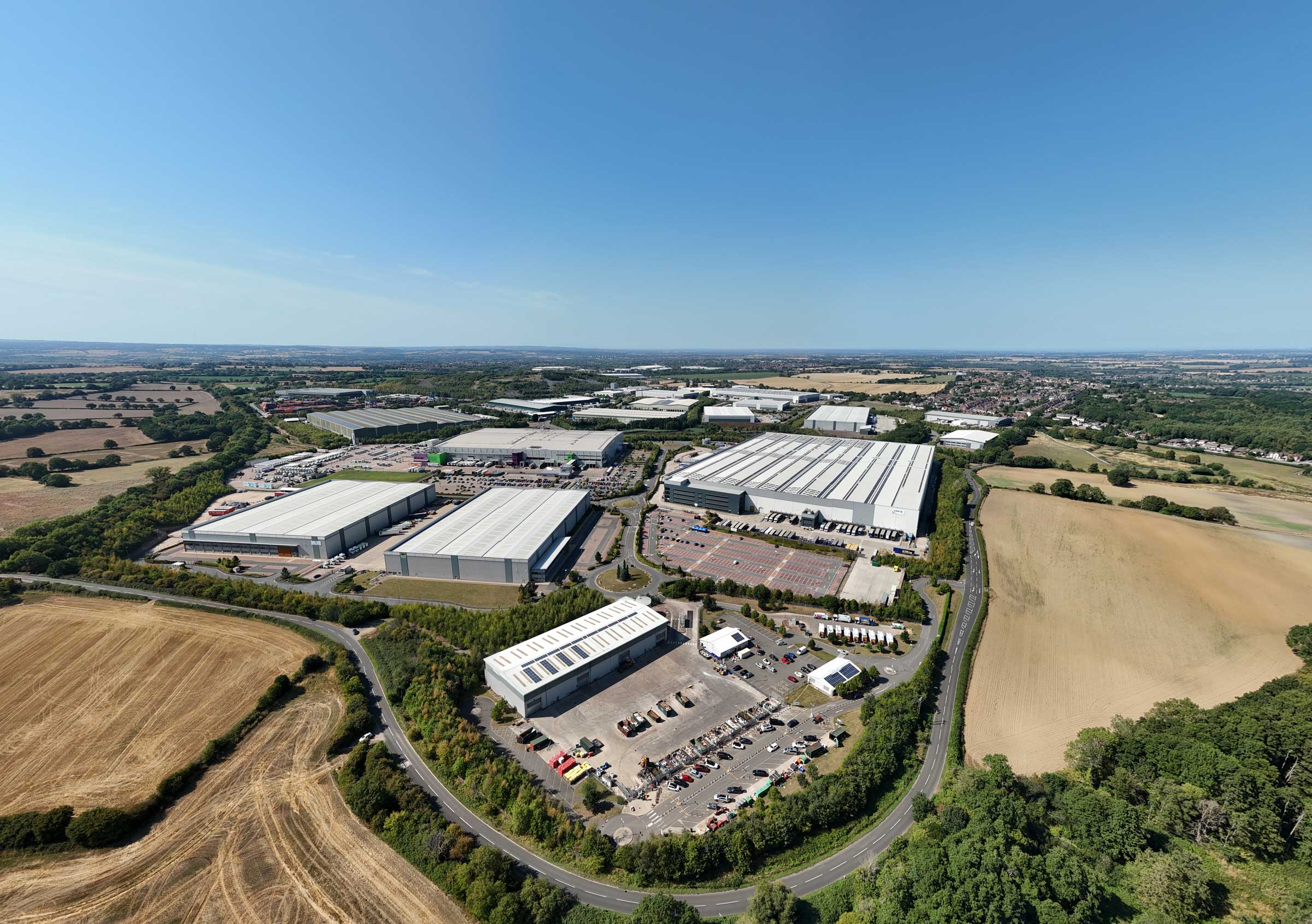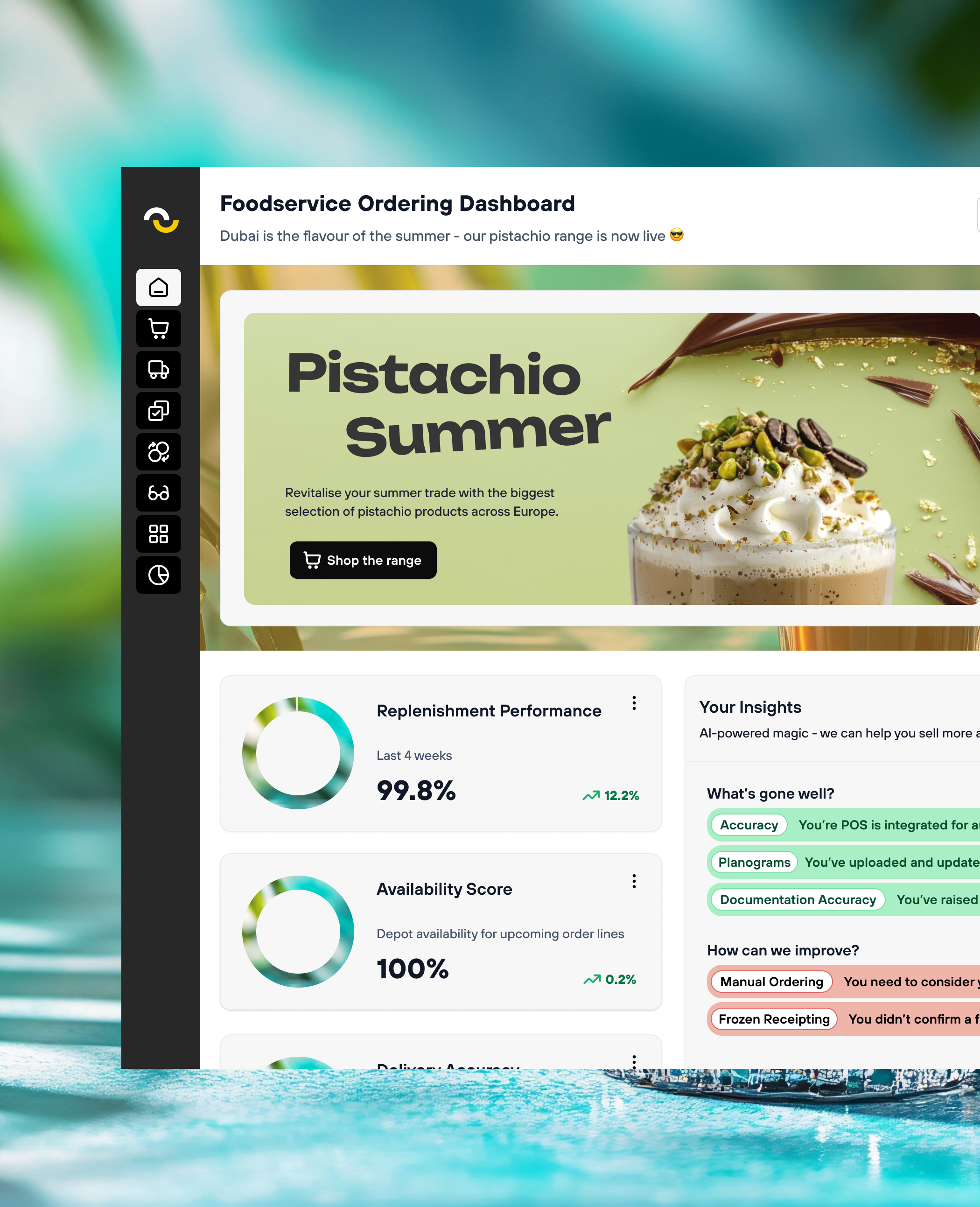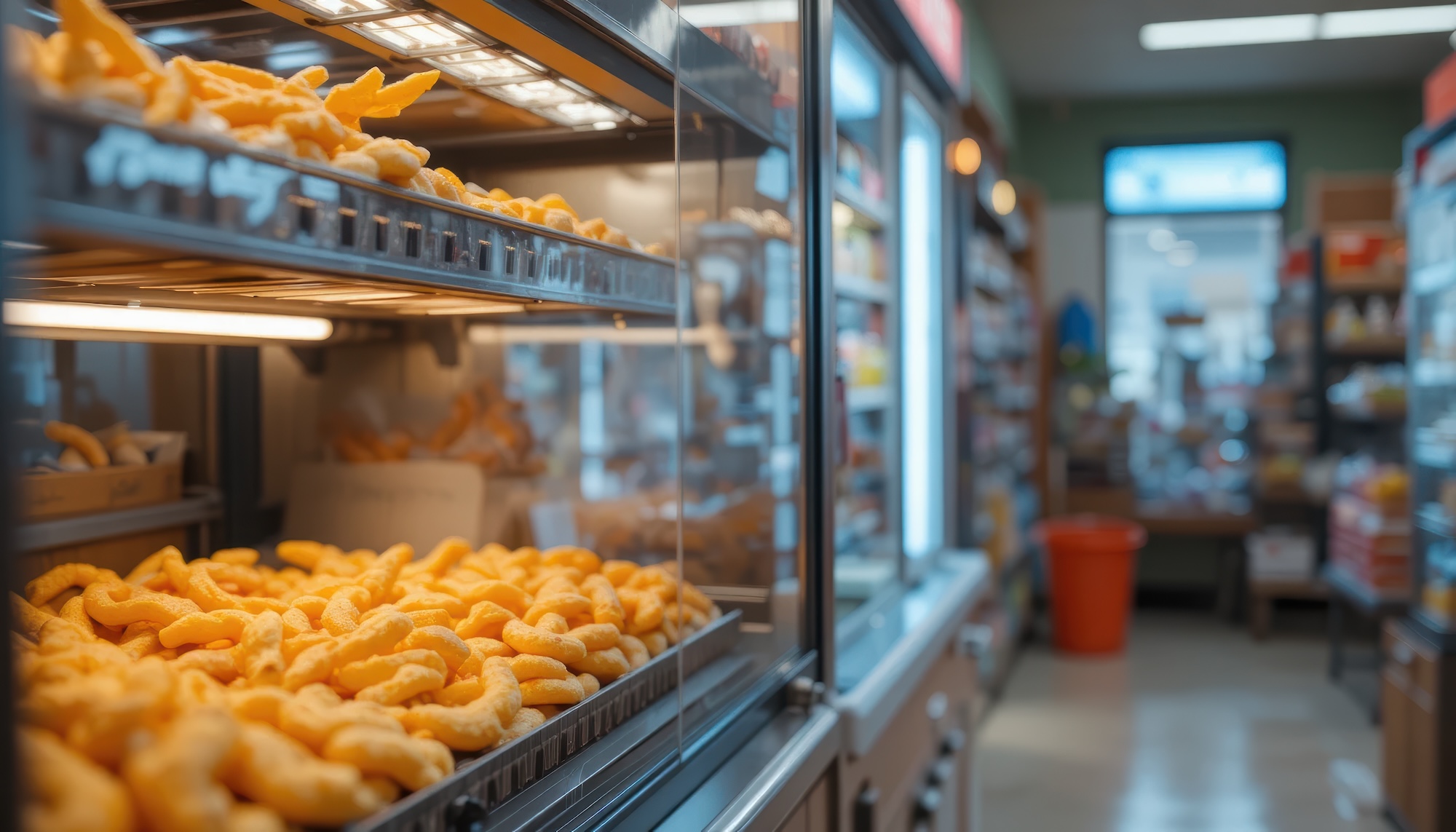
The UK retail and grocery market is under pressure right now. Rising costs, inflation, cyber-risk and sustainability demands are all converging. For stores and supermarkets, this means the margin for error in supply-chain operations is shrinking.
At Orderly, we believe that a smarter, data-driven approach to store ordering, inventory and real-time decision-making isn’t a nice-to-have – it’s a must.
What’s going on
Here are some of the key trends shaping store operations right now:
- Supply-chain fragility remains high, with nearly half of UK businesses experiencing increased disruption.
- Cyber threats are rising, with many incidents now traced back to supply-chain vulnerabilities.
- Food and grocery sectors continue to face cost pressures from weather, inputs and sourcing constraints.
- Sustainability and transparency demands are growing, with more regulation on environmental and ethical disclosures.
- The omni-channel retail model is getting more complex, forcing stores to balance online and in-store operations efficiently.
Why this matters for store supply chains
These trends translate into real risks and opportunities for store teams:
- Slow or reactive systems lead to shortages or overstocking.
- Cyber or supplier risk upstream can quickly hit store performance.
- Sustainability expectations are shaping how stores must track and prove sourcing, ethics and waste.
- Customers notice inefficiency – and vote with their feet.
- Technology is now critical for agility and accuracy in decision-making.
How Orderly helps
- Predictive ordering: Our system gives stores the tools to manage inventory proactively, reducing waste and out-of-stocks.
- Real-time guidance: Our digital assistant helps store staff act on data instantly, not hours later.
- Risk visibility: The platform highlights supplier or cost issues early.
- Sustainability tracking: We enable better visibility into sourcing, shelf life and waste metrics.
- Agility across channels: Whether you’re fulfilling click-and-collect or restocking shelves, the system adapts.
Practical steps retailers can take now
- Review supplier health and risk exposure.
- Improve demand forecasting with real-time data.
- Digitise store-floor task management.
- Increase transparency and traceability.
- Stress-test your supply chain.
- Use analytics to balance stock levels, especially for perishables.
The bottom line
The environment is not getting easier. Inefficiencies are punished faster than ever.
But with the right systems, stores can move from reactive to proactive – and from risk to resilience.
At Orderly, we’re building tools that help retailers do exactly that.
Book a demo today
Find out how Orderly’s predictive ordering and digital assistant can make your store supply chain more efficient, transparent and resilient.









.svg)

.svg)
.svg)